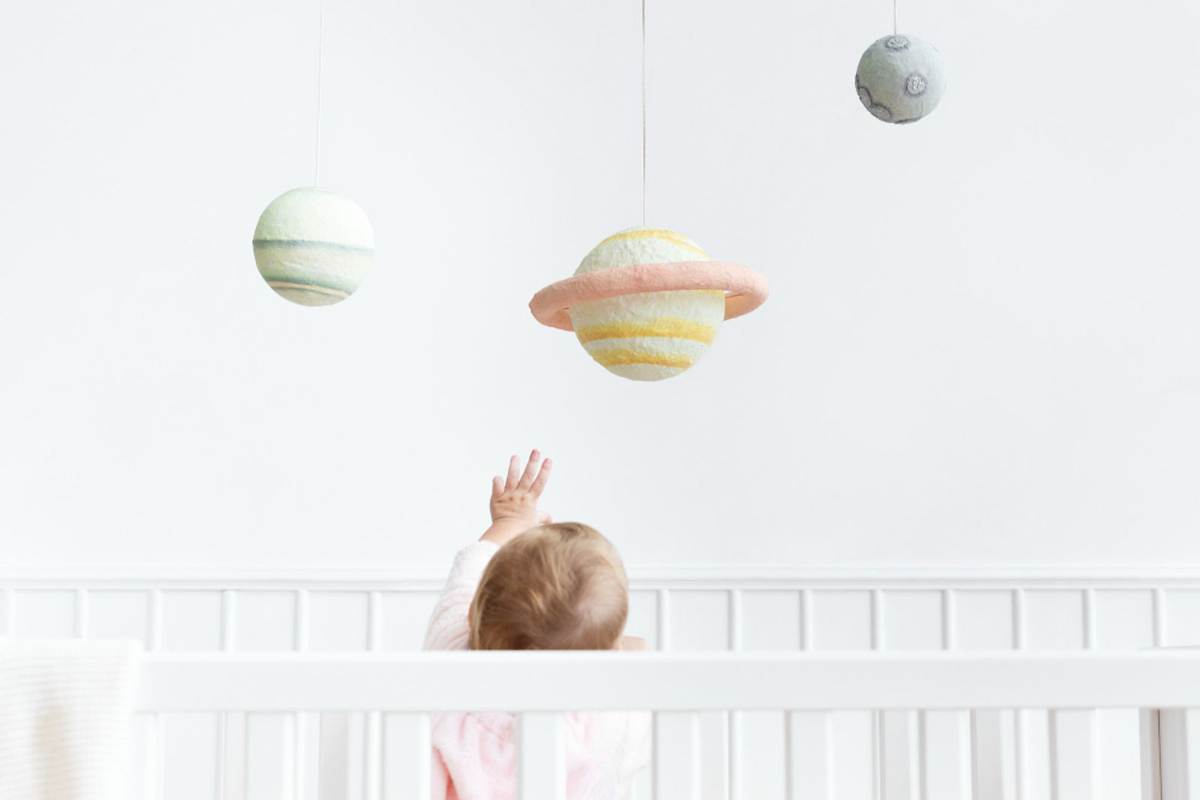Your Baby at Seven Months
Your baby is now seven months old and full of personality! Discover the latest milestones in their sleep, communication, and movement, and get tips on managing the weaning process. Plus, find advice on preparing for your return to work or extending your time off.

As your baby reaches seven months, their personality is blossoming, and you're likely seeing more of their unique traits emerge. This is a joyful time filled with playful moments and growing independence. Here’s a look at what to expect this month and how to support your baby's development.
Sleep
By seven months, your baby might start sleeping through the night, especially as they become less reliant on night feeds and begin to eat more solid food. This can lead to longer, more restful nights for both of you.
However, teething can sometimes disrupt sleep patterns. Keep an eye out for signs of teething, such as red cheeks and sore gums. If you notice these signs, offering a teething ring or a gentle rub on their gums may help soothe them.
Communication
At this stage, your baby might have a favourite song they love hearing repeatedly. They may even clap along to the music! Repetition is comforting for them as it provides a sense of predictability, helping them to make sense of the world around them.
Encourage this by singing their favourite song often and clapping along. It’s a fun way to engage with your baby and support their developing communication skills. Your baby is also beginning to understand cause and effect, and they’ll enjoy clapping and reacting to your responses.
Movement
Your baby could be on the move by now, either crawling, scooting, or rolling. Encourage their movement by placing toys slightly out of reach, motivating them to stretch and reach for them. This not only supports their physical development but also their problem-solving skills.
They will also enjoy toys that make noise when shaken, and passing toys back and forth with you can be a fun game. Their legs are getting stronger, and they may start holding themselves up while supported, which is a precursor to walking and cruising around furniture.
Feeding
How’s the weaning process going? At this stage, your baby might show signs of independence, either enjoying feeding themselves or preferring you to help. Introducing a variety of foods is not only exciting but also helps your baby develop their taste preferences.
You can also start offering cooled, boiled water in a beaker or sippy cup. Encouraging your baby to drink from it themselves helps develop their motor skills and coordination. It’s all part of their journey towards self-feeding and greater independence.
You – Seven Months Postpartum
As your baby grows, you might be contemplating your return to work or considering taking more time off to enjoy their early years. If you plan to return to work, now is a good time to reach out to your employer about arranging Keeping In Touch (KIT) days. These days can help ease you back into the work environment and boost your confidence as you transition back into your professional role.
Whether you decide to return to work or extend your time off, it’s important to make the choice that best suits your family’s needs and your own well-being. Taking time to adjust and preparing for the next steps can help make this transition smoother for everyone.
This article has been written using the latest guidance and information from trusted sources, primarily the NHS. This information should not replace professional medical advice. Always consult with your healthcare provider for advice tailored to your personal health and circumstances.